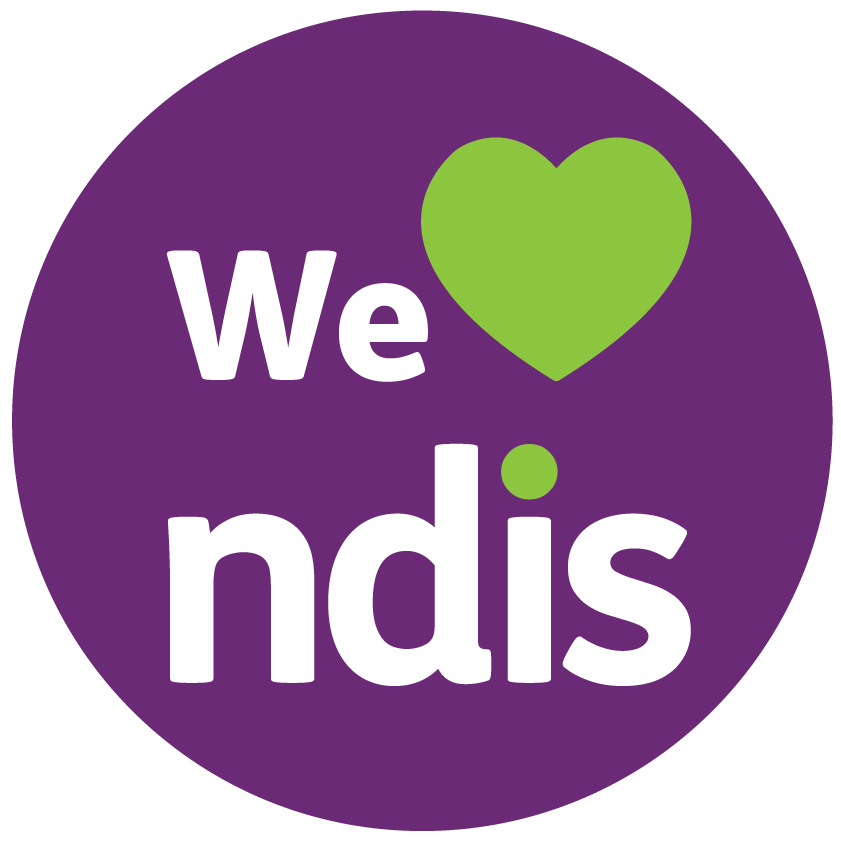Maintaining a clean, organised, and functional home is a cornerstone of independent living. For individuals living with disabilities, everyday household tasks can pose significant challenges. Fortunately, the National Disability Insurance Scheme (NDIS) provides a vital Domestic Assistance service designed to help participants manage their daily living activities with ease and dignity.
In this blog, we will explore how NDIS Domestic Assistance works, the types of services included, and its profound impact on fostering independence for participants.
What is NDIS Domestic Assistance?
Domestic Assistance under the NDIS refers to support services that help participants with household tasks they may find difficult to perform on their own. This service is tailored to meet individual needs, ensuring participants maintain a comfortable and safe living space. From cleaning and laundry to meal preparation, Domestic Assistance is a vital part of the NDIS Core Supports category, enabling participants to live independently while managing their disability.
The service is flexible, allowing participants to choose the level and type of assistance they need. Whether it’s occasional help with deep cleaning or regular support for daily chores, Domestic Assistance ensures that participants can enjoy a clean and organised home without feeling overwhelmed.
Services Included in NDIS Domestic Assistance
The scope of Domestic Assistance under the NDIS is broad, covering a wide range of household tasks. While the exact services may vary depending on the participant’s needs, the following are commonly included:
General Cleaning: This includes vacuuming, mopping, dusting, and wiping down surfaces to maintain a clean and hygienic living space.
Laundry Assistance: Support with washing, drying, ironing, and folding clothes ensures participants always have clean garments without the hassle.
Meal Preparation: For participants who struggle with cooking, Domestic Assistance can include help with preparing healthy and nutritious meals.
Grocery Shopping: Assistance with shopping ensures participants have access to essential supplies without the physical or logistical challenges of navigating stores.
Decluttering and Organising: Keeping living spaces clutter-free can enhance safety and create a more functional home environment.
Why Domestic Assistance Matters
Domestic Assistance is more than just a cleaning service—it’s a lifeline for individuals striving to maintain independence. By addressing the practical challenges of daily living, this support empowers participants to focus on their aspirations, build confidence, and enjoy a higher quality of life.
For many participants, Domestic Assistance is the foundation that allows them to live independently, pursue their dreams, and actively engage with their communities. Its impact goes far beyond the physical tasks it addresses, fostering a sense of empowerment and possibility.
How Domestic Assistance Promotes Independence?
One of the key goals of the NDIS is to empower individuals to live independently. Domestic Assistance plays a pivotal role in achieving this by removing barriers that might otherwise hinder a participant’s ability to manage their home. Here’s how this support fosters independence:
Reduces Physical Strain
For individuals with physical disabilities or chronic conditions, tasks like vacuuming, mopping, or carrying laundry can be physically taxing. Domestic Assistance alleviates this burden, allowing participants to conserve their energy for other activities that matter to them.
Improves Safety
A clutter-free and hygienic home reduces the risk of accidents, such as slips and falls. For participants with mobility issues, having someone assist with tasks like moving heavy objects or cleaning hard-to-reach areas is essential for maintaining a safe environment.
Enhances Time Management
Managing a household can be time-consuming, especially for individuals juggling work, therapy sessions, or education. Domestic Assistance enables participants to delegate household tasks, freeing up their time to focus on personal goals and achievements.
Builds Confidence
With the right support, participants can feel more in control of their lives. A clean, organised home environment fosters a sense of pride and confidence, encouraging individuals to invite friends and family over, engage in social activities, or pursue new interests.
The Emotional Benefits of Domestic Assistance
While the practical benefits of Domestic Assistance are clear, its emotional impact is equally significant. A clean, well-maintained home environment can contribute to better mental health, reduced stress, and an overall sense of well-being.
For participants who may feel overwhelmed by household tasks, Domestic Assistance provides a much-needed sense of relief. It allows them to focus on what truly matters—whether that’s spending quality time with loved ones, pursuing a hobby, or working towards their personal and professional goals.
Moreover, knowing that their home is clean and safe fosters a sense of stability and control, which is particularly important for individuals navigating the challenges of living with a disability.
Personalised Support Tailored to Your Needs
One of the standout features of NDIS Domestic Assistance is its flexibility. Every participant’s needs are unique, and the NDIS recognises the importance of tailoring support to individual circumstances.
For example, some participants may require daily assistance with tasks like meal preparation, while others might only need occasional help with deep cleaning or decluttering. Participants can work with their NDIS planners to determine the level and type of assistance that best suits their lifestyle.
Additionally, participants have the freedom to choose their service providers. This allows them to select professionals they trust and feel comfortable inviting into their homes, ensuring a positive and supportive experience.
How to Access Domestic Assistance Through the NDIS
Accessing Domestic Assistance is straightforward for NDIS participants. This service falls under the Core Supports category, which is designed to help individuals with everyday activities. Participants can include Domestic Assistance in their NDIS plans during the planning or review process.
To determine eligibility, participants need to demonstrate that the service is directly related to their disability and necessary for achieving their goals. For instance, if maintaining a clean home is essential for a participant’s health or safety, Domestic Assistance is considered a reasonable and necessary support.
Working with an NDIS planner can help participants articulate their needs effectively and secure funded by the NDIS for this valuable service.
Need help living independently? Dream Big Support Services provides professional NDIS domestic assistance solutions to help you live on your own terms. Contact us today and live the life you deserve.







